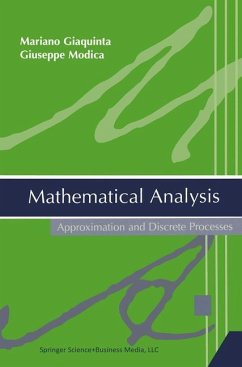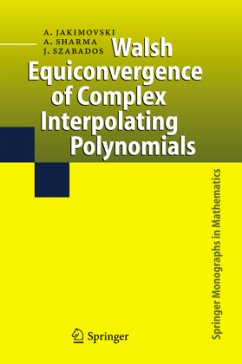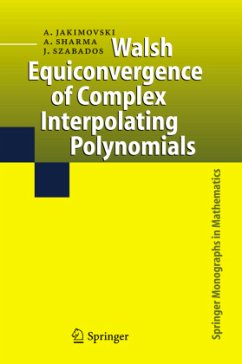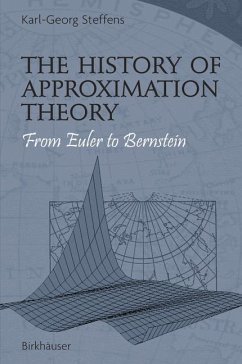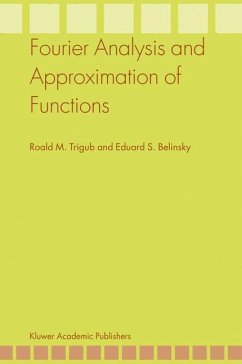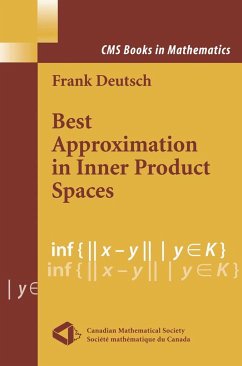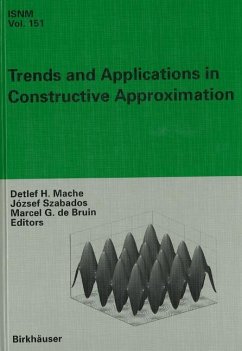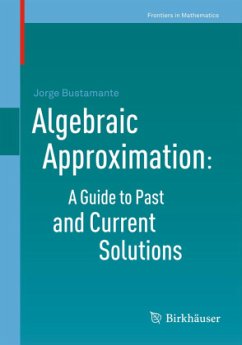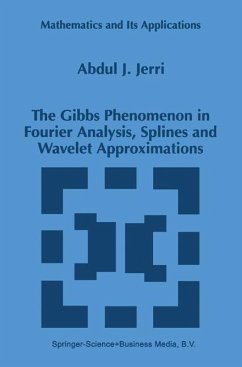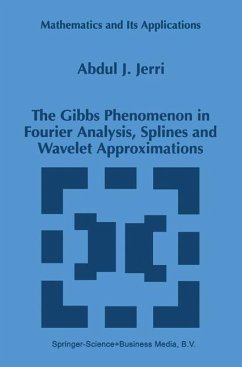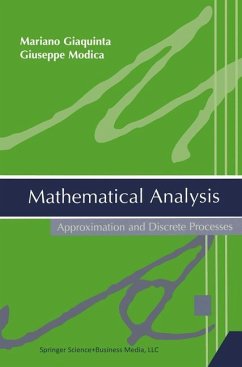
Mathematical Analysis
Approximation and Discrete Processes
Versandkostenfrei!
Versandfertig in 1-2 Wochen
38,99 €
inkl. MwSt.

PAYBACK Punkte
19 °P sammeln!
This fairly self-contained work embraces a broad range of topics in analysis at the graduate level, requiring only a sound knowledge of calculus and the functions of one variable. A key feature of this lively yet rigorous and systematic exposition is the historical accounts of ideas and methods pertaining to the relevant topics. Most interesting and useful are the connections developed between analysis and other mathematical disciplines, in this case, numerical analysis and probability theory.
The text is divided into two parts: The first examines the systems of real and complex numbers and deals with the notion of sequences in this context. After the presentation of natural numbers as a subset of the reals, elements of combinatorics and a discussion of the mathematical notion of the infinite are introduced. The second part is dedicated to discrete processes starting with a study of the processes of infinite summation both in the case of numerical series and of power series.
The text is divided into two parts: The first examines the systems of real and complex numbers and deals with the notion of sequences in this context. After the presentation of natural numbers as a subset of the reals, elements of combinatorics and a discussion of the mathematical notion of the infinite are introduced. The second part is dedicated to discrete processes starting with a study of the processes of infinite summation both in the case of numerical series and of power series.





